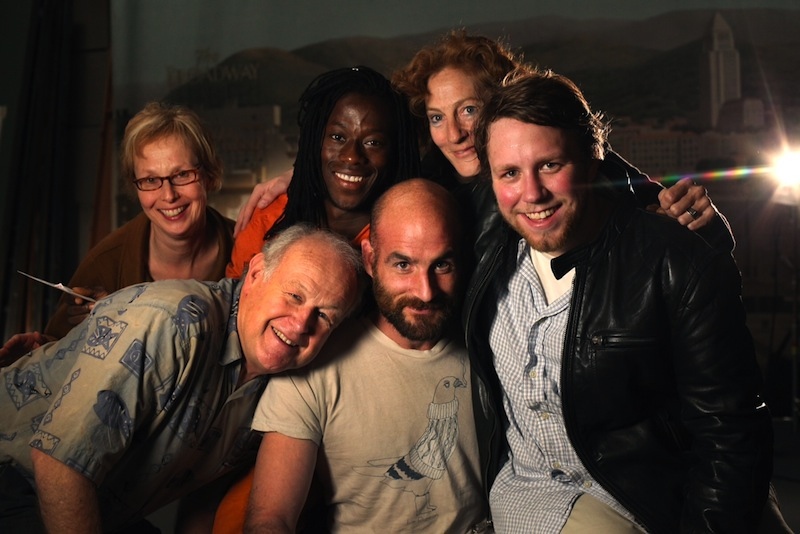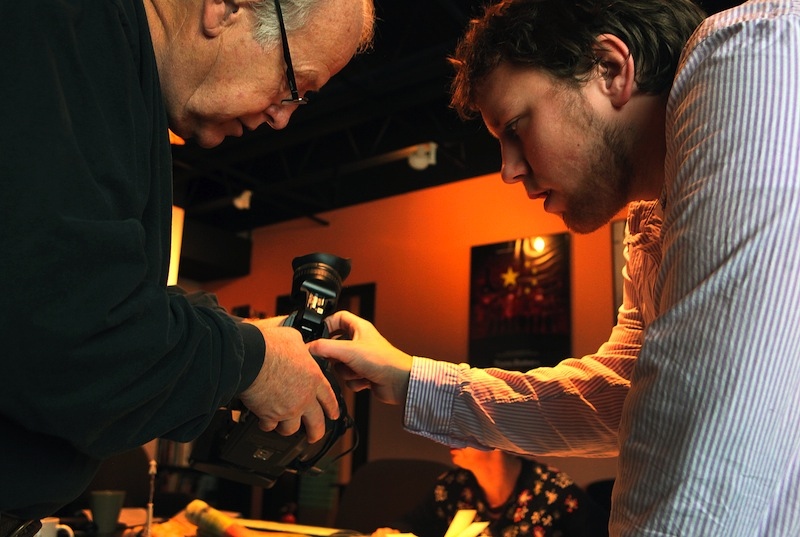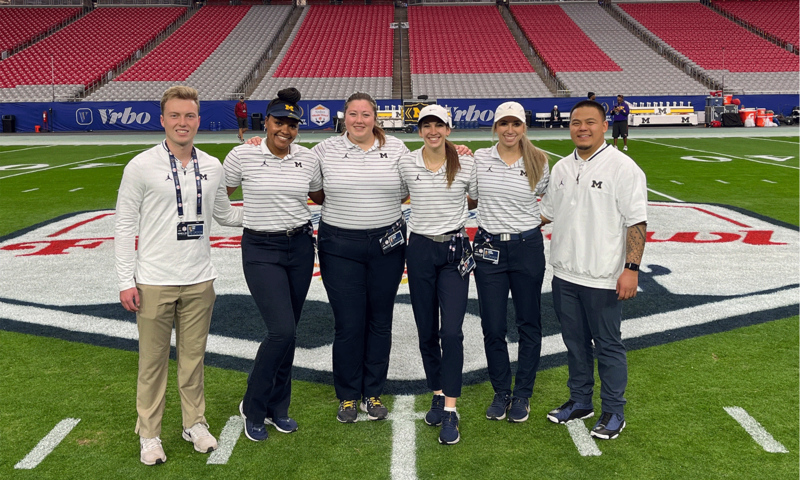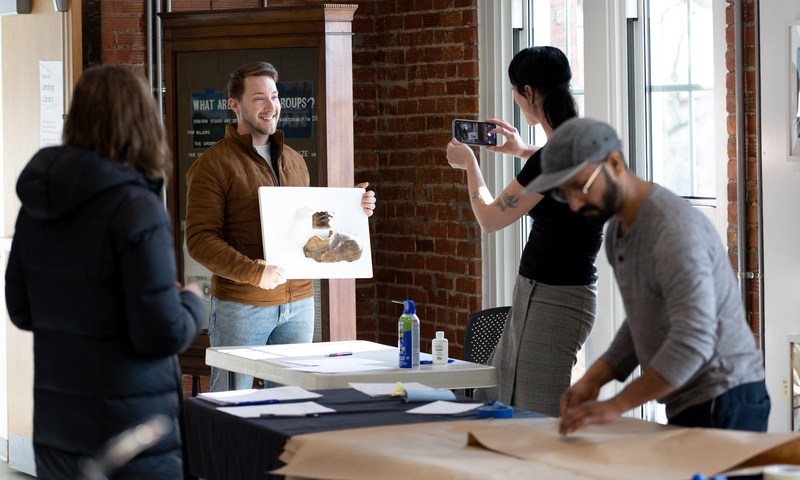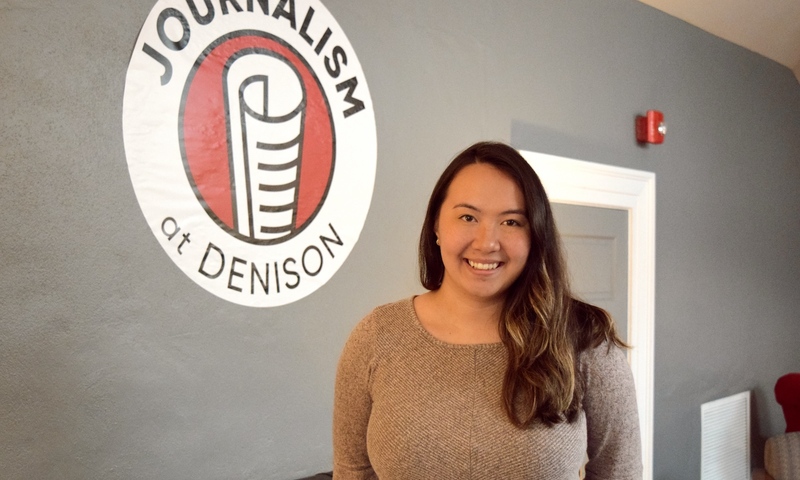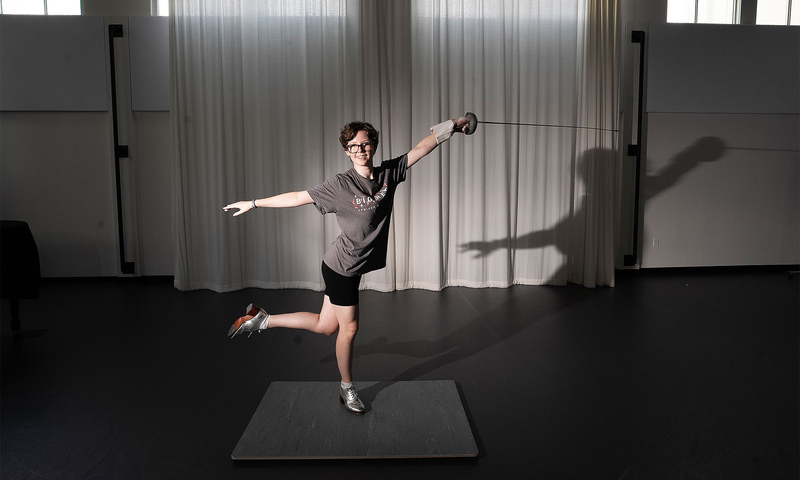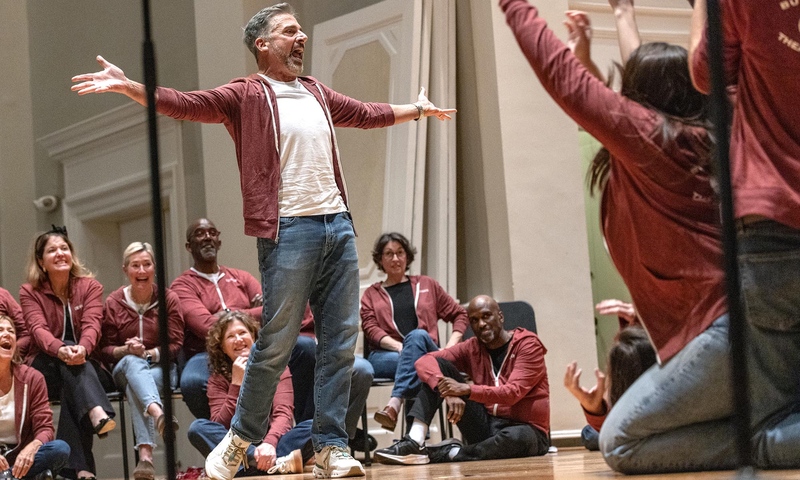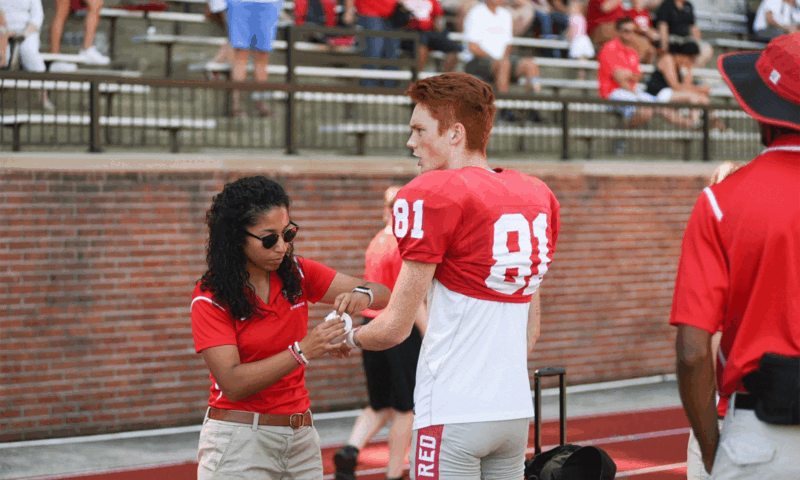Taylor Dueweke ’12 grew up watching the History and Discovery channels—back when both featured programming mostly related to their names—but the final push into a career in nonfiction filmmaking came during college, after seeing “King of Kong,” a documentary that followed one man’s quest to achieve the highest-ever score in the Donkey Kong arcade game.
“It was a subject I usually wouldn’t care about at all,” says Dueweke. But by the end of the movie, he found himself totally engrossed in the characters and emotionally invested in the outcome. “I thought, ‘Wow, if I could get so into a high score on a video game, there are endless possibilities.’”
During his junior year, an article in Denison Magazine introduced him to the documentary work of Bestor Cram ’67, founder of Boston’s 31-year-old Northern Light Productions. He emailed Cram, eventually landing an internship after graduation. That internship later turned into a job as an associate producer.
Cram—a social activist turned filmmaker who produced his first documentary at Denison on race and class in nearby Newark—says he was attracted to the young graduate’s lack of professional expectations. Dueweke wasn’t, says Cram, looking to start a path to become a director or a producer.
“It was much more, ‘Wow, there are things here I don’t know, and there are things I would love to learn about.’ And as he started to learn about them, he started to share them with us,” says Cram. “So he ended up being a teacher to us even though he was starting out as a student.”
Specifically, Dueweke helped lead Northern Light through its first investment campaign using the online fundraising site Kickstarter. The effort netted $27,000 for the production of “Big Top Without Borders,” a yet-to-be-released film that follows two circus groups—one from Guinea, one from the Canadian Arctic—that are using performance to help empower their troubled communities.
The film has been a focus for Dueweke: In addition to organizing and logging footage, he also is working to prepare for the performers’ summer visit to Boston, securing practice spaces at the city’s circus schools. (“There are about five,” says Dueweke. “I didn’t realize there would be more than one.”)
The whole experience has been eye-opening. “I had no preference for circus at all before this,” says Dueweke. But like his experience with “King of Kong,” working on “Big Top” has been a discovery, revealing a whole world that Dueweke never knew existed.
